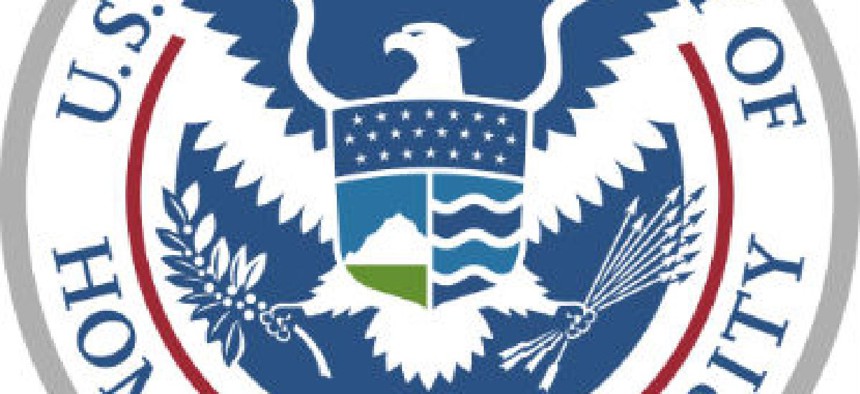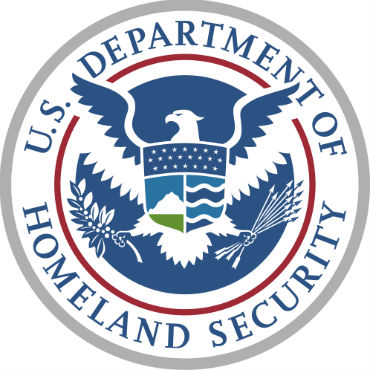Town halls aren't fixing DHS

Employees throughout the Homeland Security Department's diverse components are less engaged than feds in any other agency. Is it a leadership problem?

Just taking suggestions isn't enough to inspire confidence. Feds need to see leaders taking action to feel good about their agencies.
"Where you have great leadership, you have engaged employees," said Max Stier, president of the Partnership for Public Service, in an April 27 House Oversight and Government Reform Committee hearing.
Four agencies were at the center of discussion.
NASA has been the "best place to work" in the federal government for four years, and the Departments of Labor and Housing and Urban Development have both clocked dramatic improvements in employee responses on the annual Federal Employee Viewpoint Survey.
The Homeland Security Department, on the other hand, was dead last on the FEVS results, dragged down by particularly dismal responses from the Secret Service and Immigration and Immigration and Customs Enforcement.
"If I may, sir, everybody does not hate coming to work at DHS," DHS Chief Human Capital Officer Angela Bailey said under skeptical questioning. But DHS employees do have some of the lowest levels of confidence in leadership and professional engagement in the federal workforce.
Bailey noted that DHS has been holding townhalls and "crowdsourcing idea-gathering" to get employee input.
But so, too, have the other three agencies – and they had dramatically better FEVS engagement scores.
Labor's Chief Human Capital Officer Sydney Rose emphasized the importance of putting ideas into action.
"We did simple things," Rose said. Employees asked for cafeteria microwaves, so they put microwaves in the cafeteria. And so that employees knew they were being heard, "We kept telling people what we were doing," Rose said.
Labor also implemented a new training program for managers that emphasized soft skills, and allowed employees to use up to 40 hours annually for training purposes. (DHS does not know how much it spends on training.)
Other themes: Leaders need to be held accountable, and good work needs to be rewarded.
Rep. Mick Mulvaney (R-S.C.) said he wants to create a federal system in which "the people who are screwing up are the people who pay the price." Currently, he said, rank-and-file feds pay for leadership's mistakes.
DHS' "leaders lead" FEVS engagement index score has slipped steadily from 48 in 2011 to 38 in 2015. At NASA, that measure has hovered around 70.
"You have to differentiate between performers and non-performers," urged Rep. Gerry Connolly (D-Va.). "If you don't do that differentiation, you are saying to everybody, 'We are going to dummy down to the mean.'"
The Partnership's Stier agreed, saying, "We don't have a culture of performance recognition in government."
Stier recommended that Congress mandate the FEVS be conducted every year and guard against trimming too many questions from the survey, to keep the dataset robust and useful.
"I believe that we will make incremental improvements beginning this year," DHS' Bailey said. She promised to provide the committee with more specific information on projected employee engagement improvements within 120 days.


